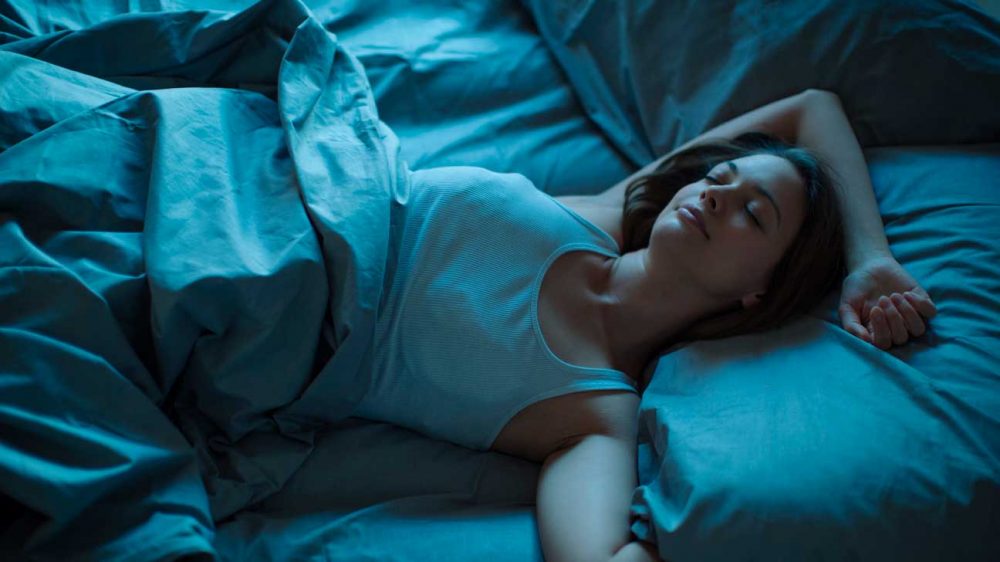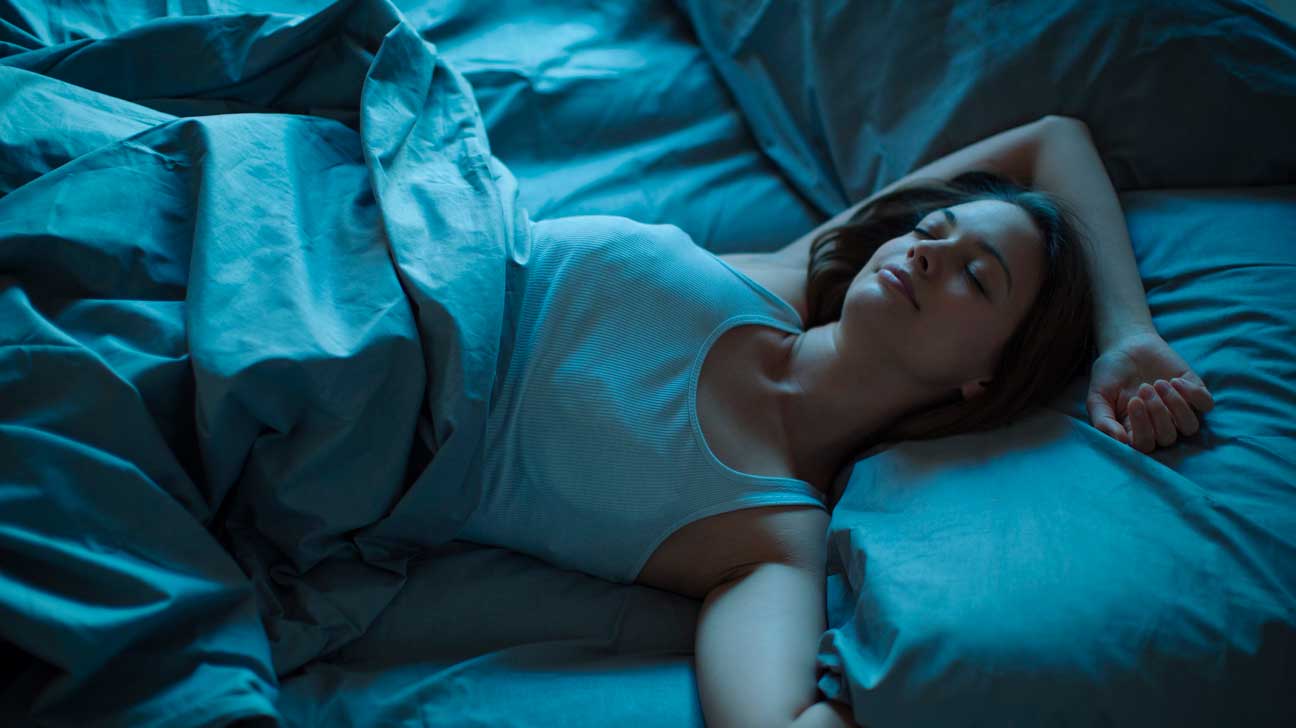The Student’s Guide to Sleeping Better
Do you want to sleep better at night? How much sleep are you getting on average? The experts say that young adults need between 7 and 8 hours of sleep each day. If you get around 6 hours (or worse, less) then your brain isn’t going to work at its best. That’s going to put you in some embarrassing situations. Should the sleep deprivation continue though, it can lead to more serious problems including weight gain, diabetes, heart disease, and reduced cognitive performance. There are several potential causes of your inability to sleep properly at night;
Sleep Apps
It’s true that technology can make it harder to sleep at night, however, it can also help improve sleep quality when used properly. Apps such as SleepCycle and SleepTime can help a lot. They aren’t the most accurate measure, but they can still help you to determine if you have a troubled sleep cycle. Understand your sleep cycle and improve it so you wake up feeling more refreshed and alert.
Turn Electronics Off
Electronic screens give off blue lights that make us feel more alert and awake. You should turn off the TV and computer and avoid using your phone for at least half an hour before going to bed. Experts suggest the blue light from screens can trick the brain into thinking that you should be awake, which is going to make it harder to sleep at night. If you have absolutely no impulse control when it comes to watching Netflix or checking Instagram before bed, then take all of the technology out of your bedroom. Don’t give yourself the chance.
Be Active and Stick to a Routine
You should aim to stick to a regular schedule that sees you wake up at the same time in the morning. This synchronizes your body so you start getting tired at an appropriate time and have less trouble falling asleep. Exercising regularly can also help to improve sleep quality. Try to exercise at a similar time each day. If you like to work out in the evenings, then you should do your exercises with at least three hours to spare before going to bed. Exercising too close to bedtime is a stressful activity that can negatively affect your sleeping habits.
Create the Right Bedroom Environment
Getting to sleep requires the right light levels. Sleep schedules can be affected by light levels. Try to convert your bedroom into a place where you can rest and relax. Put up some softer lights like fairy lights that you can dim before hitting the hay. When the time comes to sleep, prevent light from getting into your room by closing curtains and blinds. On the other hand though, being exposed to natural light in the morning helps you to wake up slowly and naturally, and your body is sure to appreciate that.
If you’re looking to repaint your room then you want to avoid stimulating colors such as red. Instead, you should focus on warm neutral colors that make the room more relaxing.
Having trouble sleeping because of your neighbors or roommate? If that’s the case, you should try drowning them out with SleepPhones or earplugs to create the quiet, peaceful environment you need for sleep.
People sleep better in general when the temperature is a little cooler. Turn down the temperature in your bedroom to around 18 degrees Celsius. Not only will you sleep easier, but you’ll cut down your utilities bill too!
If you’ve tried these tips and you’re still having trouble sleeping at night then it could be time to contact a healthcare provider. How much sleep you get can be a major determining factor in your ability to live and function like a regular human being. Be sure to get enough of the good stuff!

